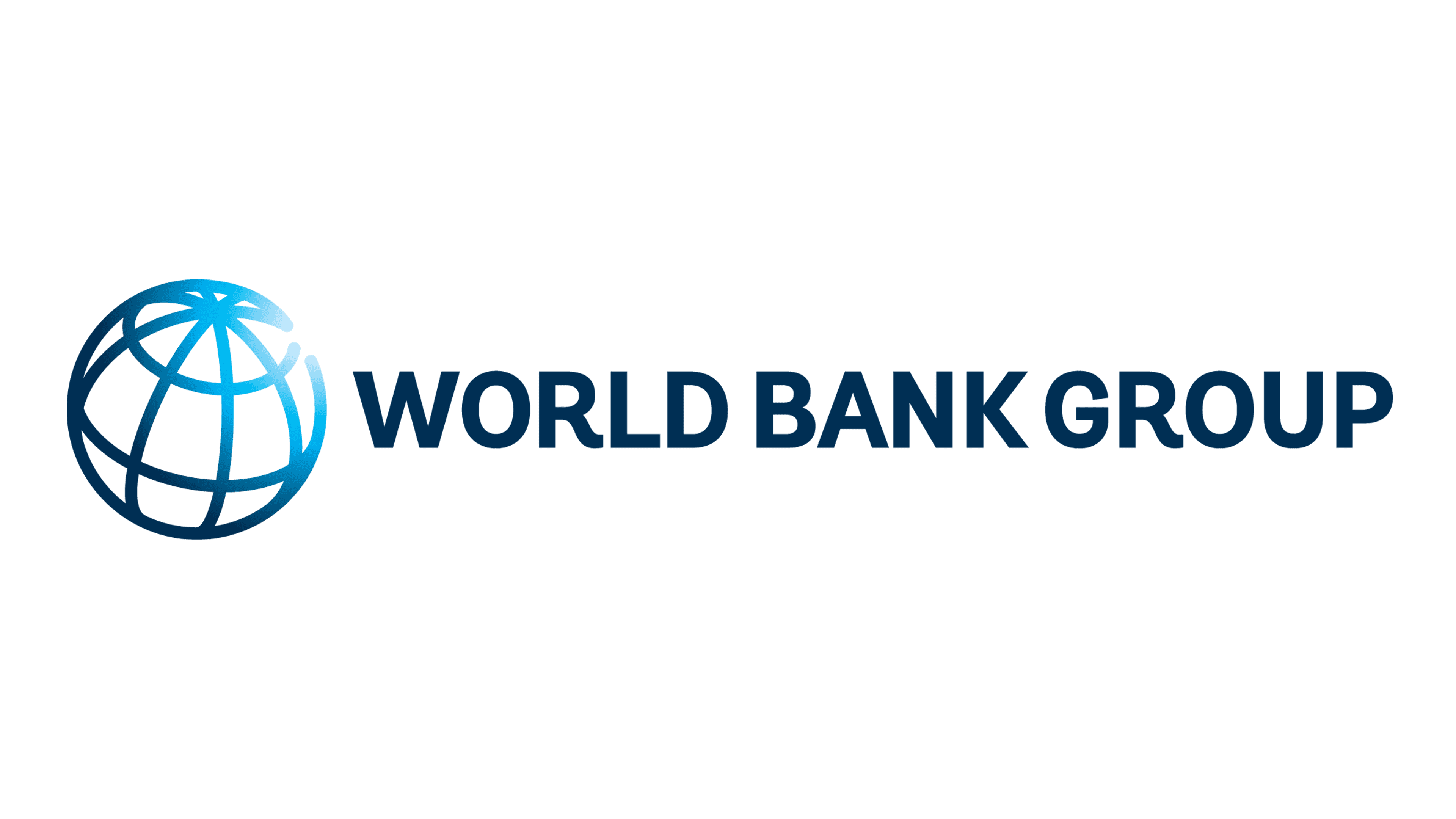Britain Pledges $2.5 Billion to World Bank Fund for Poor Nations: A Deep Dive into the Global Commitment and Its Impact
The United Kingdom recently announced a landmark contribution of $2.5 billion to the World Bank’s fund dedicated to supporting the world’s poorest nations. This pledge comes amidst rising global challenges, including economic inequality, climate change, and post-pandemic recovery efforts. By committing significant resources, Britain reinforces its leadership in global development, signaling a robust dedication to international solidarity.
This article delves into the nuances of Britain’s pledge, exploring the motivations behind the decision, the intended impact on developing nations, and the broader implications for global development.
Understanding the World Bank’s Fund for Poor Nations
The World Bank’s International Development Association (IDA) serves as a critical financial lifeline for the globe’s poorest countries. Established in 1960, the IDA provides concessional loans and grants to nations struggling with poverty, conflict, and systemic development challenges.
Objectives of the IDA
- Poverty Reduction: Facilitating sustainable economic growth to lift millions out of poverty.
- Infrastructure Development: Funding essential services such as transportation, water, and sanitation.
- Climate Resilience: Helping countries adapt to and mitigate the effects of climate change.
- Healthcare and Education: Strengthening systems to improve quality of life and empower future generations.
The Financial Structure of the IDA
The IDA operates on a replenishment cycle, with contributions from member countries supplemented by repayments of past loans. Britain’s pledge forms part of the IDA20 replenishment, targeting developmental projects over the next three years.
Britain’s Motivations for the $2.5 Billion Commitment
Historical Context: The UK’s Legacy in Development Aid
The United Kingdom has long been a major player in global development. As a founding member of the IDA, the UK’s contributions have historically accounted for a significant portion of the fund’s resources.
Despite recent economic challenges, including Brexit and inflationary pressures, this latest pledge reaffirms Britain’s position as a leader in global development. It signals continuity in prioritizing humanitarian goals even amidst domestic fiscal constraints.
Strategic Objectives Behind the Pledge
- Geopolitical Influence: Supporting the IDA bolsters Britain’s standing in international forums, allowing it to shape global development agendas.
- Global Stability: Addressing poverty and inequality reduces migration pressures and mitigates risks of conflict, aligning with Britain’s national security interests.
- Economic Opportunity: Supporting infrastructure and capacity-building in developing nations creates new markets for British goods and services.
Allocation and Target Areas for the Fund
Focus on Sub-Saharan Africa and South Asia
The IDA primarily channels funds to regions with the highest concentrations of poverty. Sub-Saharan Africa and South Asia are expected to be the largest beneficiaries of the $2.5 billion contribution.
- Infrastructure Development: Investments in roads, energy, and digital connectivity.
- Healthcare: Programs to combat malaria, HIV/AIDS, and other preventable diseases.
- Education: Enhancing literacy rates and access to primary and secondary education.
- Climate Action: Building resilience against climate-induced disasters, particularly in vulnerable coastal and agricultural regions.
Leveraging Partnerships for Greater Impact
The IDA’s collaborative approach involves partnerships with local governments, NGOs, and private sector entities. Britain’s contribution is expected to amplify these partnerships, ensuring funds are utilized efficiently and transparently.

Challenges and Criticisms of the Commitment
Domestic Backlash: Balancing Global and Local Priorities
Critics argue that Britain’s $2.5 billion pledge comes at a time when domestic issues like healthcare backlogs, housing shortages, and inflation demand immediate attention. The government faces scrutiny for allocating resources abroad while struggling to address pressing challenges at home.
Effectiveness of Aid Distribution
Past critiques of the IDA have highlighted inefficiencies and corruption in aid distribution. Critics worry that funds may not reach their intended beneficiaries, undermining the overall impact of the commitment.
Political Risks and Perceptions
Britain’s pledge may also face geopolitical risks. Skeptics argue that supporting countries with unstable governments or ongoing conflicts could lead to wasted resources or unintended consequences, such as bolstering corrupt regimes.
Potential Benefits of the Pledge
Advancing Global Development Goals
The $2.5 billion pledge aligns closely with the United Nations’ Sustainable Development Goals (SDGs). Specifically, it supports:
- Goal 1: No Poverty
- Goal 3: Good Health and Well-being
- Goal 4: Quality Education
- Goal 13: Climate Action
By addressing these goals, Britain contributes to a global effort to create a more equitable and sustainable world.
Strengthening Britain’s International Standing
This commitment enhances Britain’s reputation as a responsible global actor. It strengthens diplomatic ties with recipient nations, fostering goodwill and potential bilateral cooperation in trade, security, and cultural exchange.
Economic Returns on Investment
Development aid has indirect economic benefits. As recipient nations grow and stabilize, they often become trading partners and sources of investment opportunities. Britain’s support for infrastructure and capacity-building can thus yield long-term economic dividends.
The Broader Implications for Global Development
Setting a Precedent for Other Nations
Britain’s bold pledge could inspire other developed nations to increase their contributions to the IDA. Collective action is critical to addressing global challenges, and leadership often motivates others to follow suit.
Reinforcing Multilateralism
In an era where unilateralism and protectionism have gained traction, Britain’s commitment underscores the importance of multilateral cooperation. The IDA serves as a model for pooling resources to achieve shared goals, demonstrating the power of collective action.
Addressing Climate Change
The inclusion of climate resilience in the IDA’s agenda ensures that funds are channeled toward mitigating one of the 21st century’s most pressing challenges. Britain’s contribution will directly support renewable energy projects, reforestation efforts, and disaster preparedness in vulnerable nations.
Conclusion: A Transformative Step Forward
Britain’s $2.5 billion pledge to the World Bank’s fund for poor nations represents a significant commitment to global development. While challenges and criticisms remain, the potential benefits—both for recipient nations and for Britain’s strategic interests—are substantial.
This pledge is more than just a financial transaction; it is a reaffirmation of Britain’s role as a champion of international solidarity and progress. By addressing poverty, promoting stability, and tackling climate change, this contribution has the power to transform lives and set a benchmark for global cooperation in the years to come.











